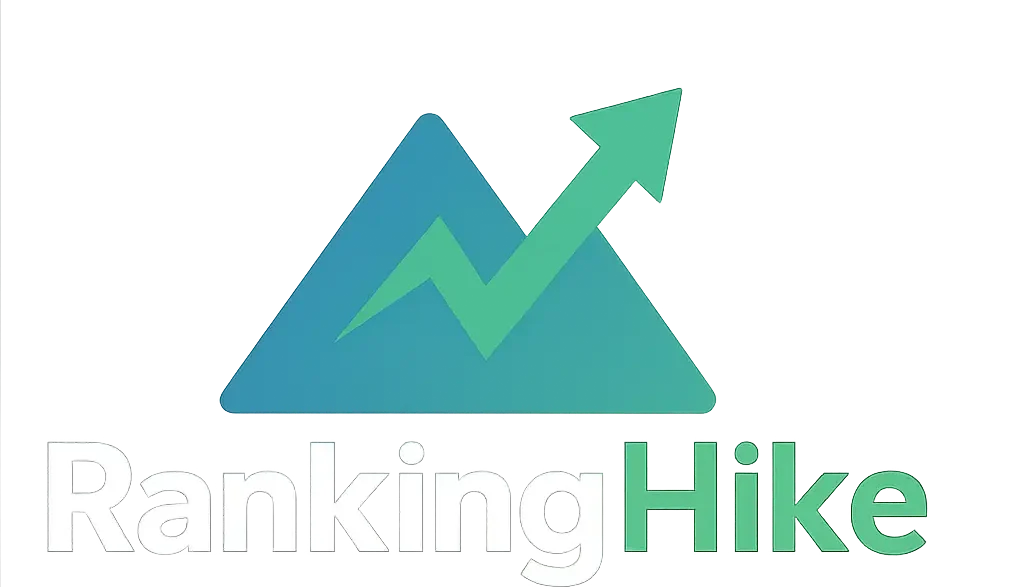
Have you ever wondered how certain websites always appear on the first page of Google? That’s not luck—it’s SEO, or Search Engine Optimization. Whether you run a blog, an eCommerce store, or a service-based website, understanding SEO can help you bring free, consistent traffic from search engines.
In this beginner-friendly guide, we’ll walk you through what SEO is, how it works, and how you can start optimizing your own site today.
What Is SEO?
Search Engine Optimization (SEO) is the process of improving your website so that it ranks higher in search engine results pages (SERPs), like Google or Bing.
The higher your pages rank, the more visible your business becomes—and the more clicks, traffic, and sales you can generate without spending on ads.
How Search Engines Work (In Simple Terms)
Search engines use bots (called crawlers) to:
- Crawl: Discover web pages through links.
- Index: Store and organize content in their database.
- Rank: Display the most relevant pages for a user’s search query.
SEO helps you optimize your site for each of these steps.
The 3 Main Pillars of SEO
1. On-Page SEO
Optimizing individual pages to target specific keywords and improve readability.
- Use keyword-rich titles and meta descriptions
- Add relevant headings (H1, H2, H3…)
- Write valuable, original content
- Optimize images with alt text
- Ensure mobile responsiveness
2. Off-Page SEO
Building your site’s reputation through external factors.
- Backlinks from other websites
- Social media sharing
- Brand mentions
More quality links = more trust from Google.
3. Technical SEO
Improving the infrastructure of your website.
- Fast loading speed
- Clean URL structure
- SSL certificate (HTTPS)
- Fixing broken links and crawl errors
- Adding XML sitemap and robots.txt
What Are Keywords?
Keywords are the phrases people type into search engines (like “best digital marketing agency”).
SEO involves researching and using these keywords in your content to match what your audience is searching for.
Use tools like:
- Google Keyword Planner
- Ubersuggest
- Ahrefs or SEMrush
Common SEO Mistakes to Avoid
- Stuffing too many keywords into your content
- Copying content from other websites
- Ignoring mobile optimization
- Not using internal links
- Skipping analytics tracking

